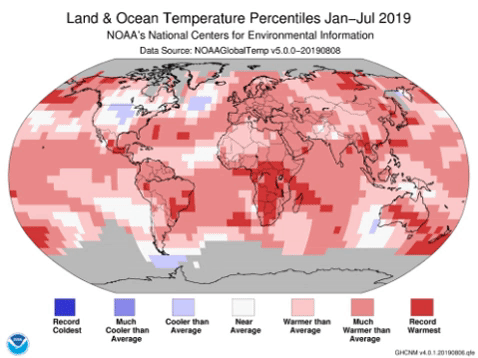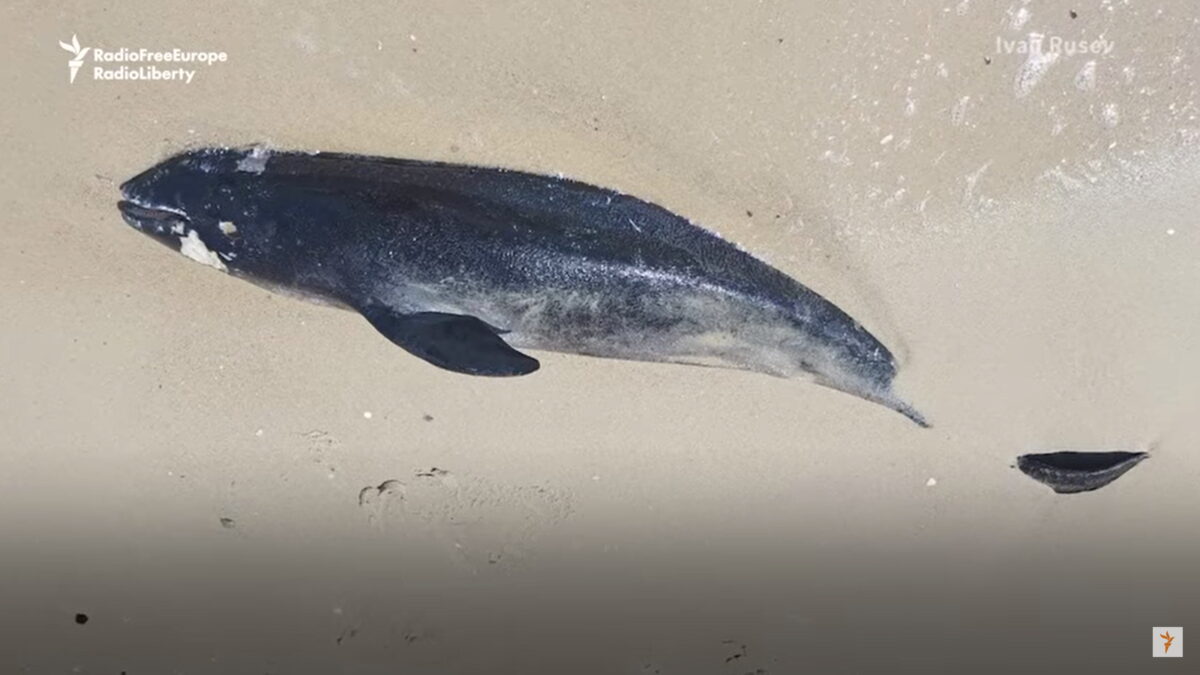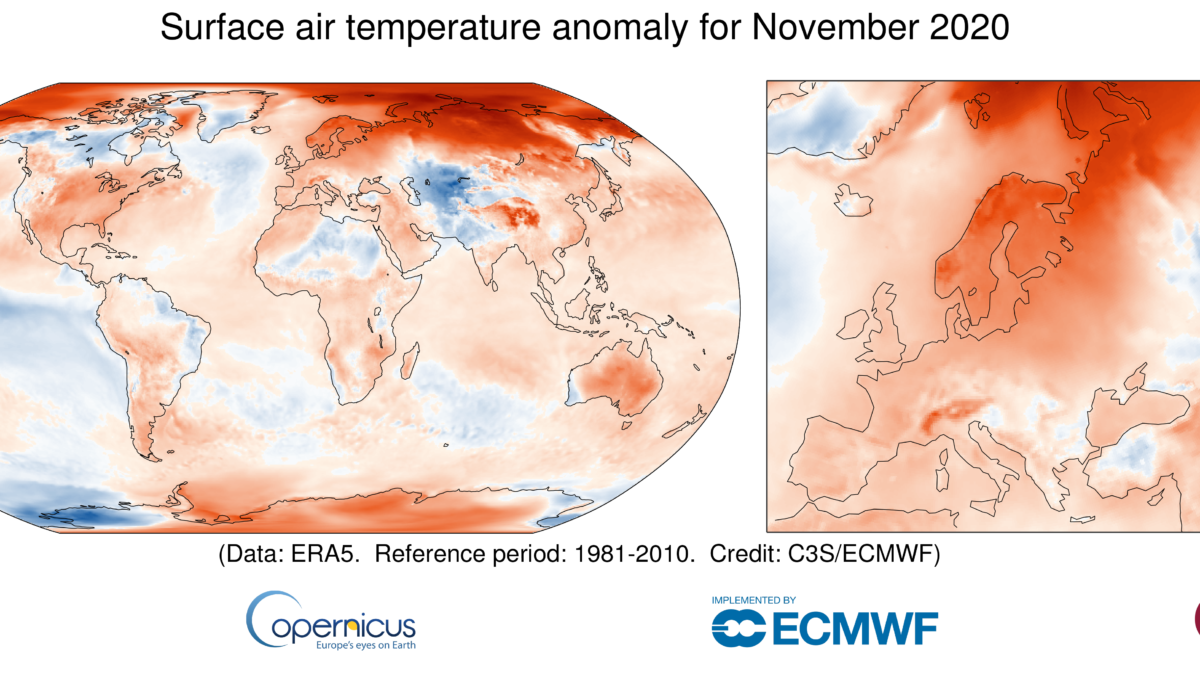At Davos, climate activists say major issues ignored – “Many people here are disconnected from the reality. They are in a bubble. They are in their own world.”
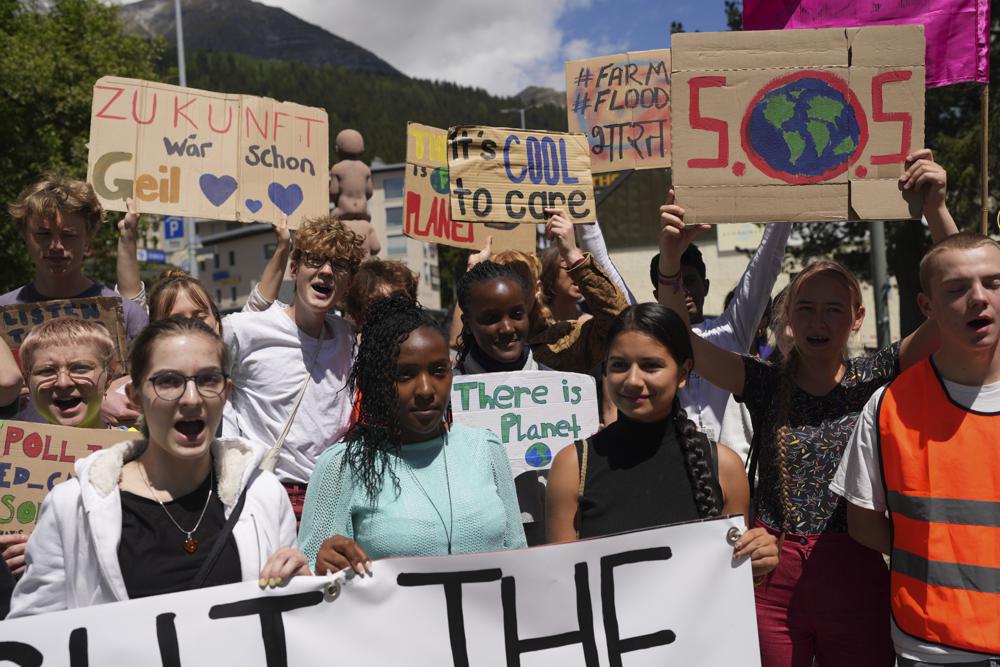
By Peter Prengaman
26 May 2022
DAVOS, Switzerland (AP) – At a small plaza in Davos, a picturesque Swiss town in the middle of the Alps, about 50 climate activists gathered on Thursday to bring attention to issues they said were largely ignored during this week’s World Economic Forum meeting.
They said more attention needed to be on human suffering, particularly in developing countries experiencing severe weather events like heat waves and floods. They said there was no talk at all of reparations, often referred to as “loss and damage,” for poor countries that have contributed little to global warming but are experiencing some of the worst effects. And finally, they said the calls for a transition to renewables were hollow, as they were not joined by talk of plans to phase out fossil fuels.
“Hey, hey! Ho, ho! Fossil fuels have to go!” some chanted at the gathering, about a 10-minute walk from the main convention center, where meetings between politicians, business leaders, scientists, academics, journalists and others took place Monday through Thursday.
The elite forum, the first in person since 2020, was held at a time that the world’s top climate scientists have warned that greenhouse gases need to be sharply curbed this decade to keep temperature rise to 1.5 degrees Celsius (2.7 Fahrenheit) since pre-industrial times. Emissions like carbon dioxide warm the planet, which leads to destabilizing weather events and other problems.
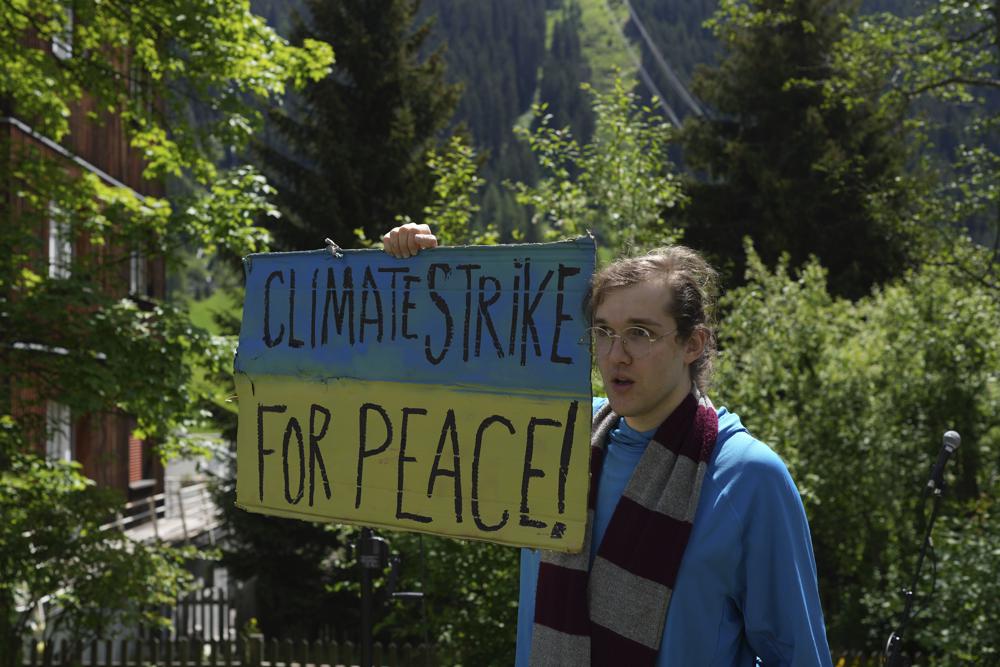
Ilyess ElKortbi, a climate activist from Ukraine who fled to Germany after Russia invaded in late February, said before coming to Davos he thought that annual United Nations climate summits were the “worst places with empty words and empty promises.” What he saw here was worse.
“People ignored the facts,” he said. “People continued to speak as if nothing happened while children and families die every day in Ukraine and lose their future just as I lost my future.”
ElKortbi, who said two of his friends had died in the war, argued that the invasion would not have happened had the European Union fully moved away from fossil fuels years ago, as many scientists and activists have long advocated. ElKortbi noted that much oil and gas that Europe uses comes from Russia, so buying that energy essentially helps fund the war.
The forum did include many discussions about climate change and the environment. Of the more than 270 panels, 90 of them, or about one third, were related to climate change, from biodiversity loss to technologies focused on removing carbon dioxide from the air. Those panels also included a handful that featured youth climate activists such as Cassidy Miligruak Kramer from Alaska, Helena Gualinga from Ecuador, and Vanessa Nakate from Uganda.
Government officials, such as U.S. Special Envoy for Climate John Kerry and Denmark Environment Minister Lea Wermelin, spoke about the need to transition to green energies and hold companies to account when it came to their emissions. And there was an announcement of the expansion of a large public-private partnership to buy green energies across supply chains of companies, all aimed at sending market signals to speed up innovation.
But for young activists, who often argue that younger generations will inherit climate change problems not confronted today, the problem wasn’t the lack of discussion around climate change, but rather what things were not a focus. There was a lot of talk about economic growth, fears of a recession and even green technologies, but little about how to help people being hurt by climate change, they said.
“Many people here are disconnected from the reality,” said Nakate, who spoke to the small group of demonstrators. “They are in a bubble. They are in their own world.” [more]
